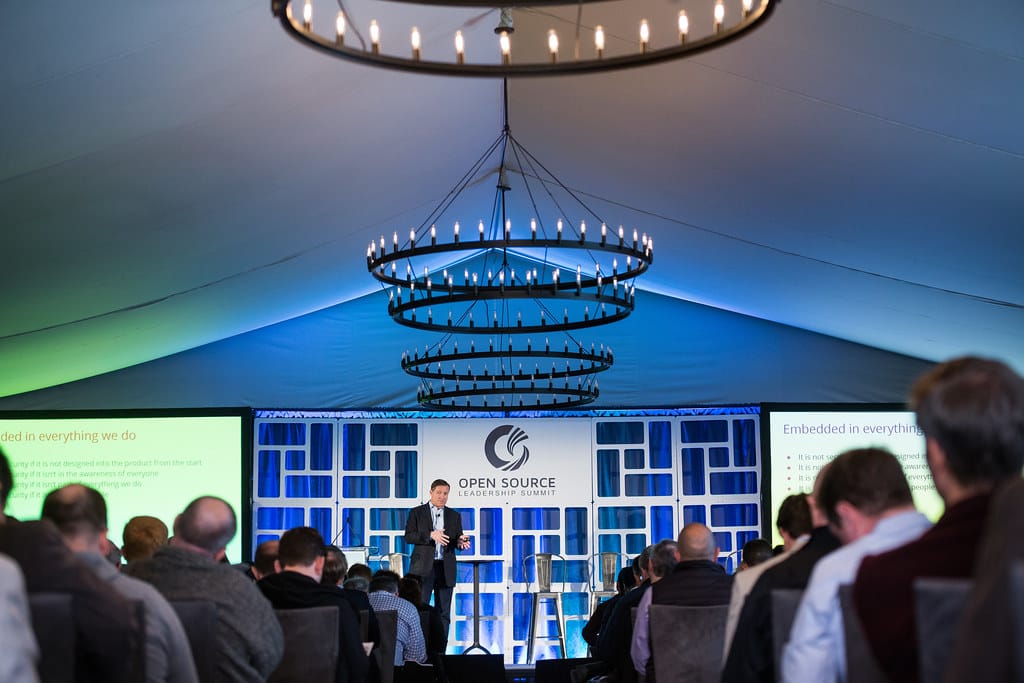Linus Torvalds Unleashes Scathing Critique: Kernel Developer Accused of "Making the World Worse" With "Garbage" Patches
In a characteristically blunt outburst that has sent ripples through the Linux community, Linus Torvalds, creator and lead maintainer of the Linux kernel, delivered a withering public criticism of a kernel developer's recent contributions. The Finnish software engineer, known for his uncompromising standards and direct communication style, accused the unnamed developer of submitting "garbage" patches that actively harm the project's quality and stability.
The Eruption That Sparked Community Debate
The controversy erupted on the Linux Kernel Mailing List (LKML), where Torvalds responded to a series of problematic patches with his trademark candor. "This is not just bad code—this is actively making the world worse," Torvalds wrote in his scathing response. "I'm tired of seeing garbage patches that show a fundamental misunderstanding of what we're trying to achieve here."
The incident highlights the ongoing tension between maintaining Linux's legendary stability and accommodating contributions from a growing ecosystem of developers with varying skill levels. With over 2,000 developers contributing to each kernel release, quality control remains a persistent challenge for the project that powers everything from smartphones to supercomputers.
Context: The High Stakes of Kernel Development
The Linux kernel serves as the foundation for countless systems worldwide, from Android devices used by billions to critical infrastructure powering major cloud platforms. A single poorly implemented patch can cascade into system vulnerabilities, performance degradation, or catastrophic failures affecting millions of users.
Recent statistics from the Linux Foundation show that the kernel receives approximately 3,500 patches per release, with contributions coming from over 500 companies and individual developers. This massive scale of collaboration, while essential for Linux's continued evolution, creates significant challenges for maintaining code quality and consistency.
Torvalds' Leadership Style Under Scrutiny
This latest outburst reignites discussions about Torvalds' management approach, which has evolved significantly since his controversial comments in 2018 led him to take a temporary break and adopt a new Code of Conduct for the project. While his communication has generally become more measured, incidents like this demonstrate that his commitment to technical excellence remains uncompromising.
"Linus has always prioritized the technical integrity of the kernel above all else," explains kernel developer Greg Kroah-Hartman, who serves as a key maintainer. "His direct feedback, while sometimes harsh, serves as a crucial quality gate that has kept Linux stable and secure for decades."
The Broader Implications for Open Source Development
The incident reflects broader challenges facing major open source projects as they scale. The tension between inclusivity and quality control creates a delicate balancing act that project maintainers must navigate carefully. Too lenient, and code quality suffers; too strict, and valuable contributors may be discouraged from participating.
Several prominent open source projects have grappled with similar issues. The Python community faced comparable challenges when implementing PEP 8 coding standards, while the Rust project has invested heavily in tooling and documentation to prevent similar quality issues from arising.
Industry Impact and Developer Relations
The Linux kernel's development process influences practices across the entire software industry. Major technology companies—including Intel, Red Hat, IBM, and Google—contribute significantly to kernel development, making Torvalds' feedback particularly impactful for corporate development teams.
This incident serves as a reminder that even experienced developers must maintain rigorous standards when contributing to critical infrastructure projects. The "fail fast, fail often" mentality popular in web development doesn't translate well to kernel development, where bugs can have far-reaching consequences.
Looking Forward: Lessons for the Community
While Torvalds' harsh critique may seem excessive to some, it underscores the critical importance of maintaining high standards in foundational software. The Linux kernel's remarkable stability record—spanning over three decades—is largely attributable to this uncompromising approach to quality.
For developers seeking to contribute to the Linux kernel, this incident serves as both a warning and an opportunity. The bar for acceptance remains extremely high, but the project's continued success depends on attracting skilled contributors who understand and respect these standards.
The Linux community's ability to balance technical excellence with collaborative growth will continue to determine its success in an increasingly complex technological landscape. As the kernel approaches its fourth decade of development, maintaining this delicate equilibrium remains as crucial as ever.

